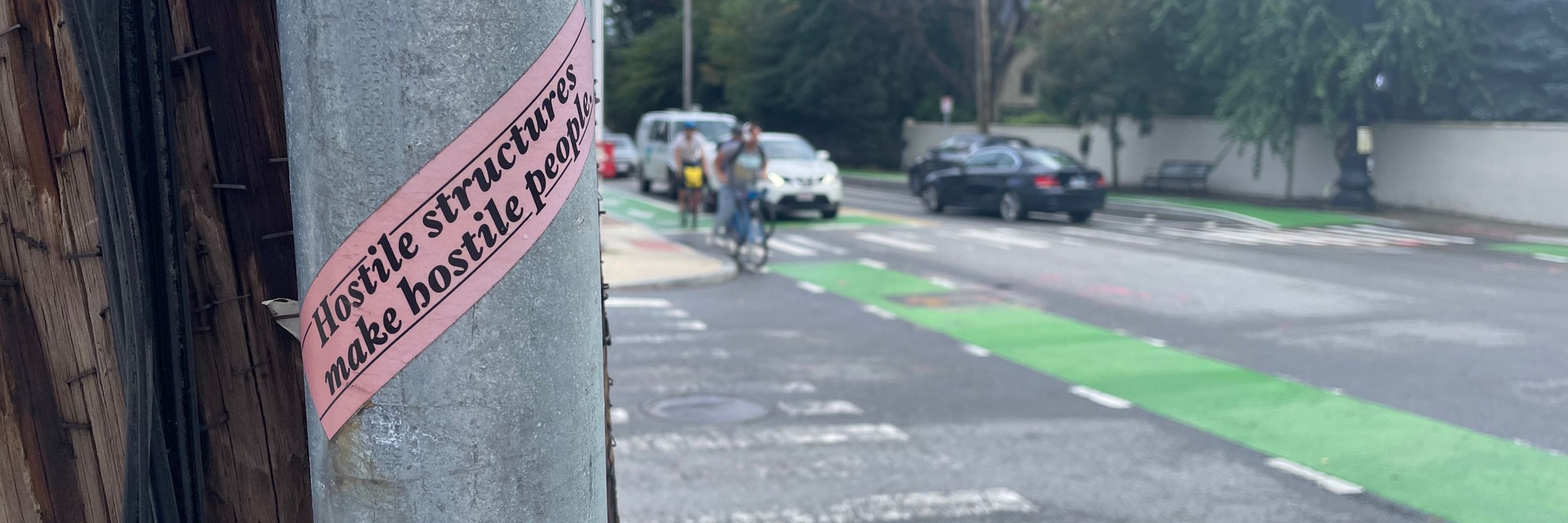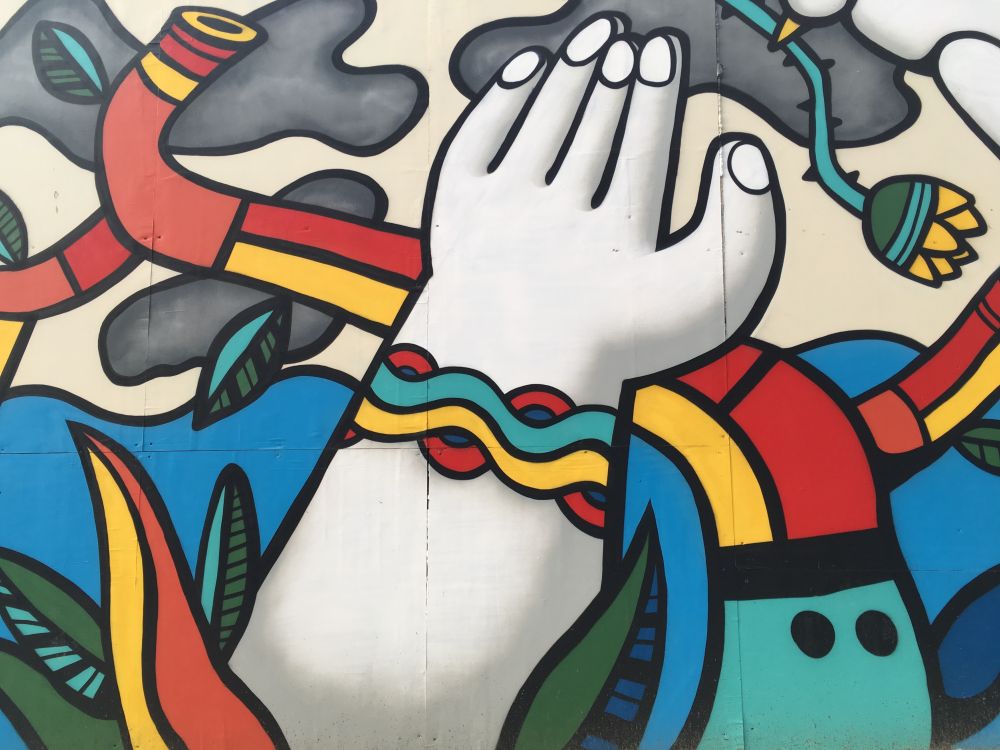




But how they changed, depended on people's everyday interactions with people with a migration background

But how they changed, depended on people's everyday interactions with people with a migration background
Respondents were randomly assigned to see info about ethnic discrimination in education & hiring or unrelated info
We then measured:
•Perceptions of inequality
•Belief in meritocracy
•Support for affirmative action

Respondents were randomly assigned to see info about ethnic discrimination in education & hiring or unrelated info
We then measured:
•Perceptions of inequality
•Belief in meritocracy
•Support for affirmative action
We put it to the test in new @ispp-pops.bsky.social study with @willemdekoster.bsky.social, Jeroen v/d Waal and Masja van Meteren. A thread!
Open access link: doi.org/10.1111/pops...

We put it to the test in new @ispp-pops.bsky.social study with @willemdekoster.bsky.social, Jeroen v/d Waal and Masja van Meteren. A thread!
Open access link: doi.org/10.1111/pops...
Full article: link.springer.com/article/10.1...

Full article: link.springer.com/article/10.1...
academic.oup.com/ser/advance-...

academic.oup.com/ser/advance-...





1. Americans tend to agree (somewhat) that opportunities aren't equal and that government has a responsibility to combat discrimination. They also think race, skin color, and immigration status are "fairly important" in determining life outcomes (9/18)

1. Americans tend to agree (somewhat) that opportunities aren't equal and that government has a responsibility to combat discrimination. They also think race, skin color, and immigration status are "fairly important" in determining life outcomes (9/18)







Working with @BUsociologydept graduates Nikki Huang and Will Regan, here's what we learned
www.cambridge.org/core/journal... (1/18)

Working with @BUsociologydept graduates Nikki Huang and Will Regan, here's what we learned
www.cambridge.org/core/journal... (1/18)


